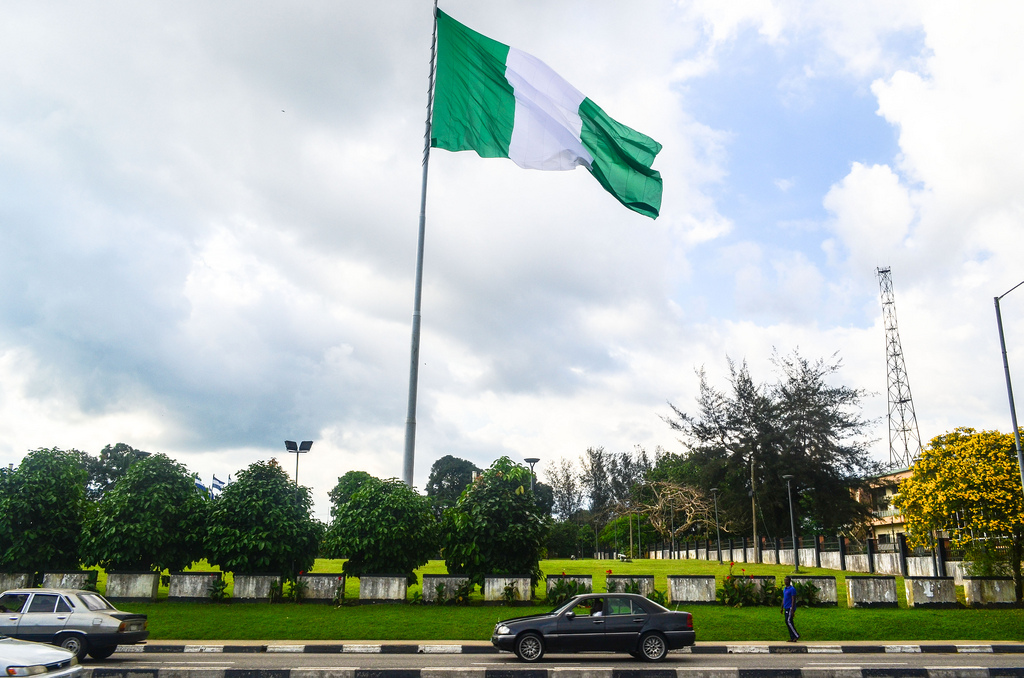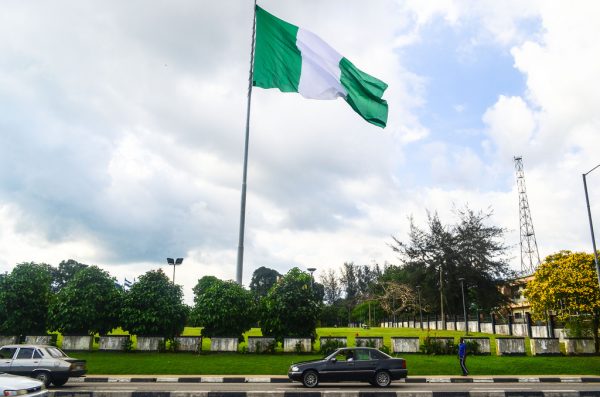In the previous article, we emphasised on the separation of power and check and balances in the US democracy. Significantly, many of the founding fathers of America penned a series of documents which also helped to shape the fortunes of the country 232 years later.
Because the founding fathers of America had True Federalism fashioned into the governance structure of the United States from the onset, they never had to clamour for another need of restructuring their country.
Read more about Politics
One of the amendments (10th Amendment) which explicitly stated the limit of federal powers: “States that the federal government possesses only those powers delegated, or enumerated, to it through the Constitution” was ratified as far back as 1791. In essence, a clear line was set for the boundaries of federal and state powers which became the peak of federalism.
Most of the calls for restructuring in Nigeria today can still be traced to a dysfunctional constitution. Nigeria did briefly practice true federalism at particular times in history, but several coup d’etat succeeded in suspending very concise constitutions that we have had in times past.
For instance, the Independence Constitution that was adopted around independence in October 1960 had principles of True Federalism written into it. At the onset of Independence, regional governments existed in the 3 regions of Nigeria then – Northern, Eastern and Western. This provision for true federalism continued unabated until the bloody military coup of January 15, 1966.
Each of these zones had the autonomy to a very large extent with only a string linking the 3 zones at the centre. A Prime Minister, Alhaji Tafawa Balewa, lightly headed the 3 autonomous zones at the Federal level while the 3 Premiers, Obafemi Awolowo (Western Nigeria), Nnamdi Azikiwe (Eastern Nigeria) and Ahmadu Bello (Northern Nigeria), headed each of the regions.
Sign up to the Connect Nigeria daily newsletter
Although the United States does not operate the regional type of government, the 50 states which comprise the U.S are largely autonomous. Many of the structures which exist at the federal level are also replicated at the state level.
Each state has it’s own legislature. Each state has its own courts ranking all to the stage of the State Supreme court. Each state has it’s own police unit which makes the governor directly responsible for the security of the people in the state. The only major institution directly controlled at the federal level is the U.S military. Even at that, the state governors also have jurisdiction and control of the National Guard (U.S military) domiciled in each state.
Instigated by the depleting state of security in Nigeria, the recent calls for restructuring and true federalism has peaked. While the federal government was slacking with security, the hands of state governments were tied because they do not control the Nigerian Police. If power is effectively shared between the federating units/states and the federal government, there will be shared responsibilities and the country will grow its fortunes at a faster rate.
It, therefore, behoves the National Assembly to begin taking steps that will work-in statutes of True Federalism into the Nigerian constitution.
Featured Image Source: African Arguments
Got a suggestion? Contact us: [email protected]


